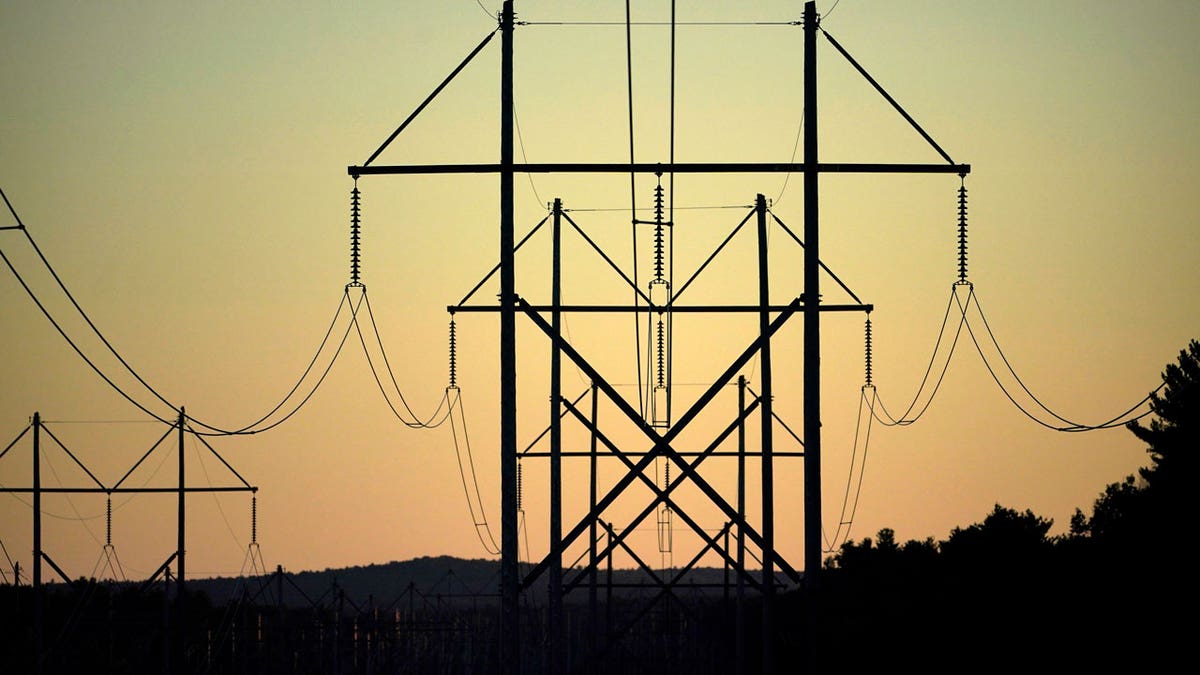Fox News Flash top headlines for April 20
Fox News Flash top headlines are here. Check out what's clicking on Foxnews.com.
- Despite being rebuked by Maine voters in a statewide referendum, a jury ruled that developers who had cleared all legal and regulatory hurdles have the right to proceed with a $1 billion transmission project.
- The project will divert up to 12,000 megawatts of Canadian hydropower to the New England power grid.
- Scott Mahoney, an executive at the developer's parent company, said he felt the decision "affirms the prior rulings of the Maine Supreme Judicial Court."
A jury that heard complicated testimony about construction schedules and constitutional rights delivered a victory Thursday for a $1 billion transmission project, concluding developers had a constitutional right to proceed despite being rebuked by state voters in a referendum.
Jurors ruled 9-0 in favor of developers when asked to decide whether enough work was completed in good faith before the referendum for developers to have a vested right to complete the project.
Based on the outcome, a state judge is expected to issue a judgment that the referendum can't be applied to the project.
IN MAINE, JURY TO DECIDE FATE OF $1B HYDROPOWER TRANSMISSION PROJECT REBUKED BY VOTERS
That decision could be appealed to the state Supreme Judicial Court for the final say.
At stake is a project touted as a bold effort to combat climate change by supplying up to 1,200 megawatts of Canadian hydropower to the New England power grid — enough electricity for about 1 million homes.
Supporters say electricity supplied by the 145-mile power transmission line would lower energy costs in all of New England as well as reduce carbon pollution. Critics contended that the benefits were overblown and that it would’ve destroyed woodlands along a new, 53-mile section carved through the woods to reach the Canadian border.
Despite winning all regulatory approvals, the project — to be fully funded by Massachusetts ratepayers — was met with pushback each step of the way. Ultimately, state voters voted against it in a referendum and work was halted.
The Natural Resources Council of Maine, which opposes the power line, said in a statement on Thursday that it was disappointed in the outcome and remains "sharply focused on achieving a just and equitable clean energy future that works for all Mainers."

A jury sided with developers of a proposed energy transmission project connecting Canadian hydropower to the New England electrical grid. The plan was thwarted by Maine voters opposing it in a referendum, despite progress on the project being made and significant regulatory hurdles being cleared. (AP Photo/Robert F. Bukaty, File)
"We’re pursuing home-grown clean energy sources, like utility-scale solar, offshore wind, and the King Pine wind project in Aroostook County that will deliver new and verifiable reductions in pollution rather than a shell game that shifts existing energy for maximum corporate profit," the council said.
The Supreme Judicial Court breathed new life into the project last summer, concluding the retroactive nature of the referendum would violate the developers’ constitutional rights if substantial construction had been completed in good faith.
Justice Michael A. Duddy could have made the fact-finding determination himself. But he took the unusual step of ordering a jury trial, putting the fate of the trial in the hands of nine regular folks.
Central Maine Power’s parent company and Hydro Quebec teamed up on New England Clean Energy Connect and construction started in January 2021, about 10 months before the referendum in which 59% of voters rejected the project.
BIDEN'S GREEN ENERGY PLANS POSE NATIONAL SECURITY RISK, PENTAGON WARNS
Scott Mahoney, senior vice president and general counsel at Avangrid, CMP's parent company, said Thursday that the jury’s conclusion "affirms the prior rulings of the Maine Supreme Judicial Court" that the project may proceed.
Opponents contended the developers acted in bad faith, speeding up the construction schedule to try to thwart the will of the people in the referendum. Developers said they were keeping to a schedule set years earlier.
The matter is one of two lawsuits to go before the Supreme Judicial Court.
CLICK HERE TO GET THE FOX NEWS APP
The other lawsuit challenged leases for a 1-mile portion of the proposed power line that crossed state land. The high court ultimately ruled there was nothing improper with the lease.


